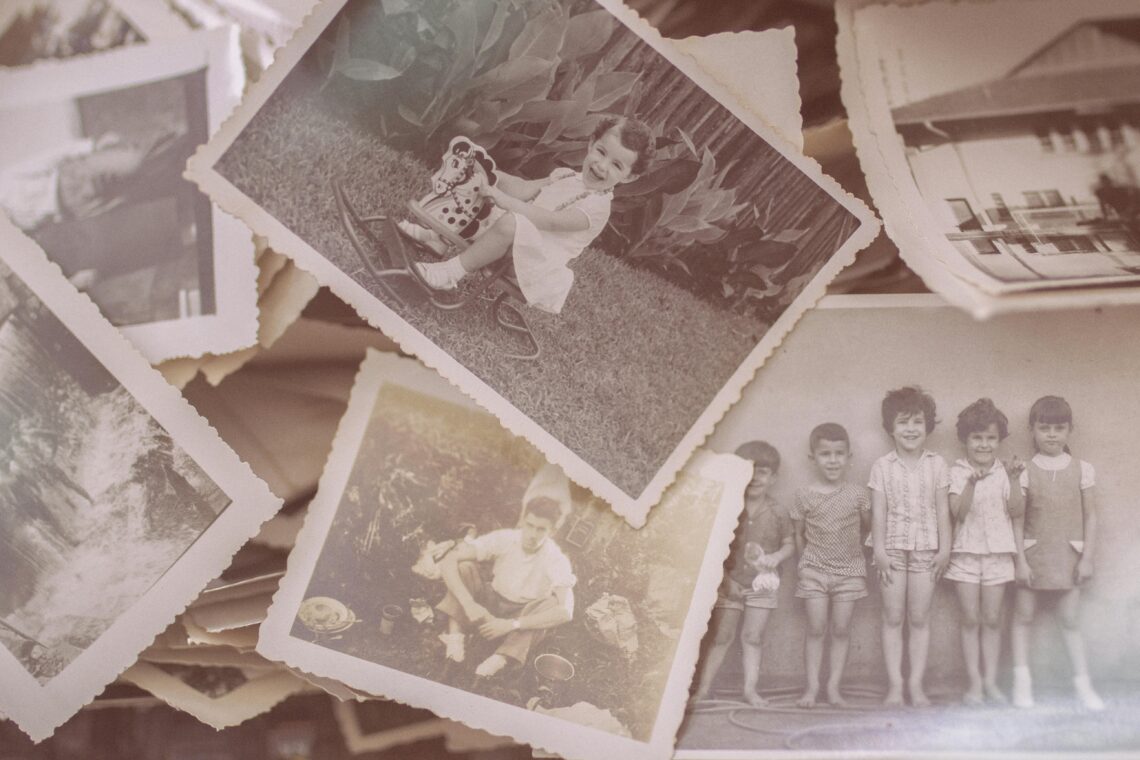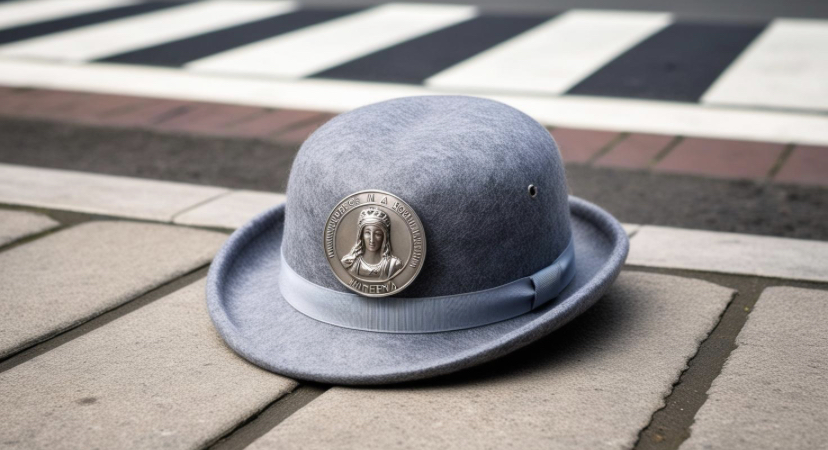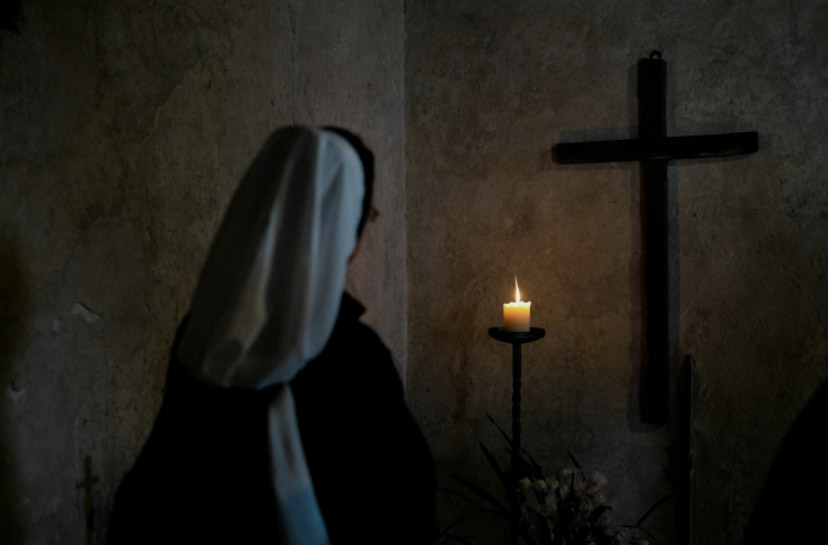The chaplain nods, and we look down at the bed. The chintzy, chrome-peeled frame floats at the end of a long hallway, then my tunnel vision clears and it distills into a regular hospital bed, the kind with fancy foot pedals along one side. Hospital beds are like church organs nowadays; they’re meant to be played, fiddled with.
-
-
When the Queen died, Daddy put on his for-best suit, with the anniversary cufflinks and stiff black shoes, then wouldn’t take it off. Even as it crumpled and creased, as the shirt yellowed and the shoes scuffed.
-
Brush and palette in hand, Vinia is waiting when he arrives. It is their first lesson. Yesterday, he received her in the drawing room for an interview - brief. He knows already everything about her. Knows she is her father's daughter. Today, their appointment is in the studio.
-
You remember before. Your soft shoed feet resting on your father’s boots, your chubby arms holding his legs tight. He would sing a waltz in a confident baritone, moving to the rhythm and taking your small body with him.
-
She was the storyteller. Not me. She had an ability, a facility, a knack for making a story out of scraps, the way that a natural cook might put together a feast.
-
by Ian C Smith I rationed precious pencil, notebook, checked the tideline, garnered flotsam from sea-wrack to supplement my meagre conveniences. At dawn, arcing that cove, sliver of sunlight blessing water, wave-beat at my back, upwind of them shielded by giant rock stacks cloaked in orange, I shivered in slipped time. Behind a bark windbreak they squatted, wallaby hunters sharpening stones, wrists slender, eucalyptus smoke in the cove’s tresses, incense waft evoking ritual, piercing me – my beloved so distant so long – with memories, loneliness. Gutted ormer shells, mussels, glistened, tea-tree trembling in this constant offshore wind. A woman…
-
Charlie used to bring hunting trophies into the house. I never appreciated the headless mouse carcasses or twitching, butchered tits. Still, I told myself, this was nature at work.
-
He watched the train come into the station, little flashes of blue electricity snapping on the overhead wires as it hissed to a stop. He waited for passengers to get off before he swung himself up the step and entered the car.
-
Several boys from the Grammar School down the road are loitering as I come out of the school gates. Their shirts are untucked, their ties askew. I give them one of my looks.
-
In the time of rationing many items were prohibited. What affected us most was the restriction on anything pear-shaped. It was a fearful time, people became desperate and unpredictable in their behaviours if they did not have something pear-shaped around them.
-
The sloth is sporting a pink bow and a gift tag. “Saw this and thought of you,” it reads, in a childlike scrawl that could belong to any of them. They titter in unison, but no-one claims responsibility. I remove the bow. The sloth shoots me a grateful glance.
-
Fish out of water; he’d never heard the expression before. He flipped it over in his mind’s eye, watching it flex and struggle. He was more of an eel, surely. Slim and sinewy.
-
She holds onto the worktop, watches me put away milk. ‘I said full fat not skimmed.’ I nod sorry. She says white bread instead of brown, butter not low cholesterol spread, oily fish not blood-red steak. Curses chops free of marbling.
-
The family who used to live next door let Tom fix a trellis to the side wall of their detached garage, which formed part of the boundary. Maud wondered if Beth would have been so amenable. Anyway, now the climbing hydrangea was flourishing, a cascade of green leaves covered in tiny white flowers like stars.
-
Local winter fruits keep me going. I can pick flundermokers and red limp near the house. At Wasted Yawn frozen lake, flen wibble grows to an enormous height.
-
So, I was totting up the cost o' tangerines, beef burgers and custard powder—eee and, the bloomin' prices in Grimethorpe Museum o' Nostalgia
-
Eight-year-old me circled Auntie's bad words with a red pen.
-
The day Maeve told me she was leaving to become a nun I vomited. We’d been friends since primary school. When the bullying began in secondary school, Maeve was the one who pulled me through.
-
At Monolingual International Airport, Terminal B, everything appeared to be in order at The Tower of Babel Café. There was a cashier, a cook, and a customer, but there was a crucial limiting factor: they shared no language in common.
-
Mum isn’t interested in cars. ‘They’re giving your Dad a new one,’ she says. ‘What sort?’ ‘Brown.’ It’s a Cortina Mk II in Saluki Bronze.
-
In the car, chubby thighs fart on leather seats. Five children in three spots, the ripe smell of cousins and siblings on holiday, left to go feral.




















